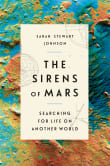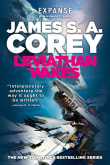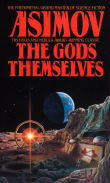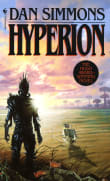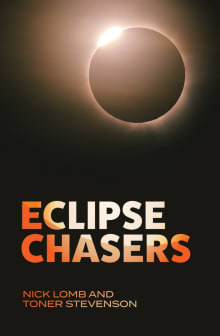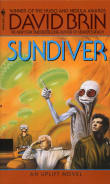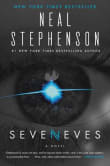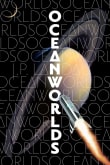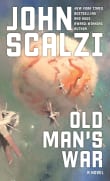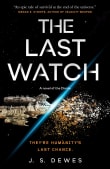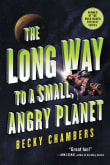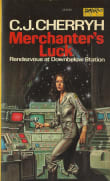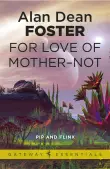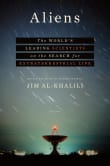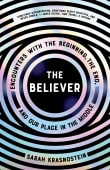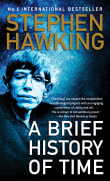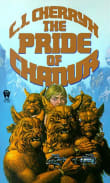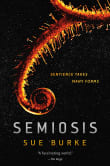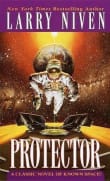Children of Time
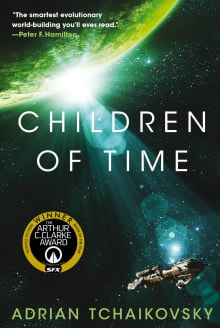
Book description
Winner of the 30th anniversary Arthur C. Clarke Award for Best Novel
Adrian Tchaikovksy's critically acclaimed, stand-alone novel Children of Time, is the epic story of humanity's battle for survival on a terraformed planet.
Who will inherit this new Earth?
The last remnants of the human race left a dying…
Why read it?
9 authors picked Children of Time as one of their favorite books. Why do they recommend it?

This was a long book at 600 pages, but I was engaged through. I like that the chapters varied between the human and spider point of view. I liked the spider chapters better; more original. It was cool seeing how they evolved and their civilization progressed. The idea of using ants for workers and processing is interesting. As is the biological starfaring tech. It is well explained.
I liked the reuse of spider names o we don't have to keep learning new ones. And the idea of Understanding being inherited and later ingestible. The gender issue is dealt with effectively…

As a big fan of xenofiction, I appreciated that large parts of the book were written from the perspective of non-humans. I loved the author’s imagination, which, while innovative, never strayed into the implausible.
I was very interested in the timespan of thousands of years and the concept of accelerated evolution, and I found the intelligent, massive spiders to be both creepy and fascinating. For me, Children of Time was a good page-turner and a great read.
From Phil's list on first contact science fiction novels.

What responsibility does mankind have towards the universe and itself? What sort of responsibility do we have towards them, especially when actual humans are on the brink of extinction?
A book like this makes me think about a lot of abstract (and perhaps pretentious) philosophy. Do humans have a responsibility towards their own species or even the universe? By extension, what is the qualitative nature of a human? If we regress as a society, does that diminish our value? And what if there are space spiders who become intelligent beings? What sort of responsibility do we have towards them, especially…
From Kian's list on think about humanity's legacy.
If you love Children of Time...

It’s a big ask to get the reader to identify with, let alone side with, a race of intelligent spiders, particularly when they’re fighting against the remnants of humanity.
Tchaikovsky manages this wonderfully in his Arthur C Clarke Award-winning novel because he absolutely loves spiders, and he communicates this love and fascination to the reader by acquainting them with three very special members of the spider civilisation who are completely surprising and fun to spend time with.
I loved this novel’s playfulness and humour balanced with high-stakes action and thrills. And I learned a lot about spiders along the way.
From Keith's list on novels written from an alien perspective.

I love a good science fiction story, and in this book, Adrian Tchaikovsky is in top form. Here is a crisp, intelligent, engaging, and well-written space opera—one of the finest in a generation.
In it, Tchaikovsky shows off his visionary grip on future human possibilities, his biological understanding of evolution, and how it might be artificially accelerated—in spiders, for God’s sake!

If you’re searching for aliens, you have to think about the time and distances involved in space travel—and what might happen to us as we head out into the great unknown. Tchaikovsky’s fantastic science fiction novel cleverly plays with the concepts of evolution, intelligence, faith, and survival.
This book is full of smart, mind-blowing ideas and made me realize that, despite our egocentric view of humanity’s place in the cosmos, ours may not be the only species with intergalactic potential. I couldn’t put it down.
From Laura's list on the search for alien life.
If you love Adrian Tchaikovsky...

We know there are families in the animal world, and we know there are bigger social constructs, too.
I’ve read about how animals have emotion and show compassion for one another, and even for other species. It makes me wonder about the why and how of the human dynamic and a book like this one that takes that and creates a looking glass for me to consider that is a good brain story for me.
From Marc's list on sci-fi about unorthodox families and friendships.

There is a slow build of emotion in this book. The use of cryogenic sleep allows the human characters to live for thousands of years. The passing of genetic memory from generation to generation allows the spider characters to do the same. But the spiders have one advantage. They’ve been infected by a human-designed nanovirus which causes them to evolve on an accelerated basis. And finally, AI allows the villain of the story, Avrana Kern, to live on, in spite of her human body wearing out. We ultimately feel the deep emotion of living things, struggling against one another to…
From Steven's list on sci-fi that generates emotion.

This book made me question my own arachnophobia, and that’s saying something. Sentient spiders evolving physiologically and socially both terrified and reassured me. This is a case of anthropomorphisation (did I spell that right?) done bang on. Tchaikovsky takes us on a Sapiens-esque journey of evolution for a species that we all know, albeit with a foreign intellect, and makes us actually root for them…spiders!
From James' list on to make you think, think and rethink evolution.
If you love Children of Time...
Want books like Children of Time?
Our community of 12,000+ authors has personally recommended 74 books like Children of Time.


